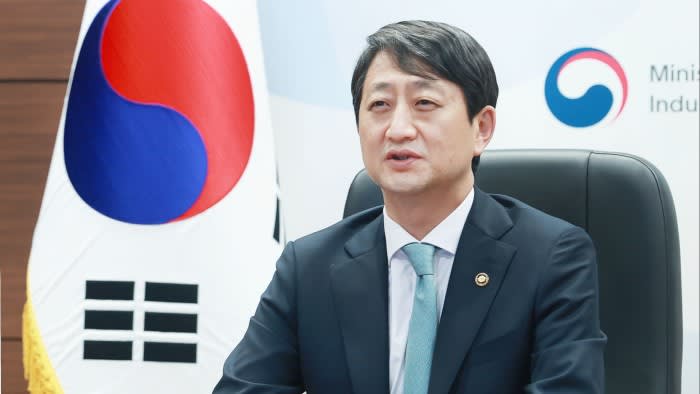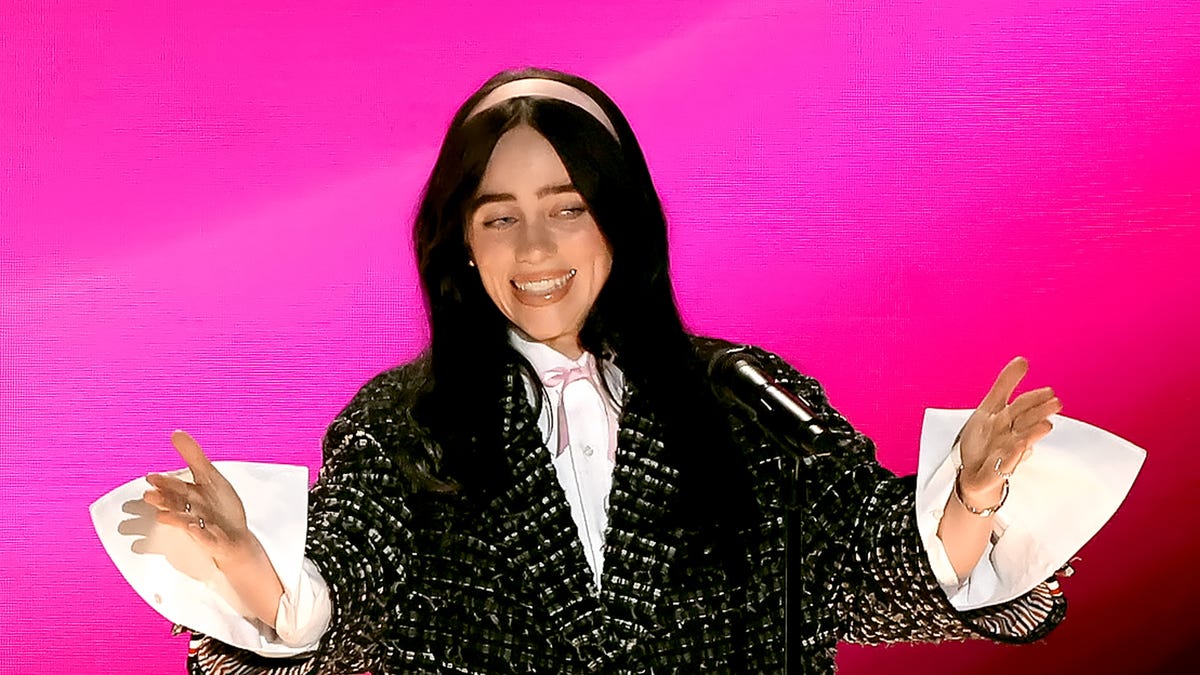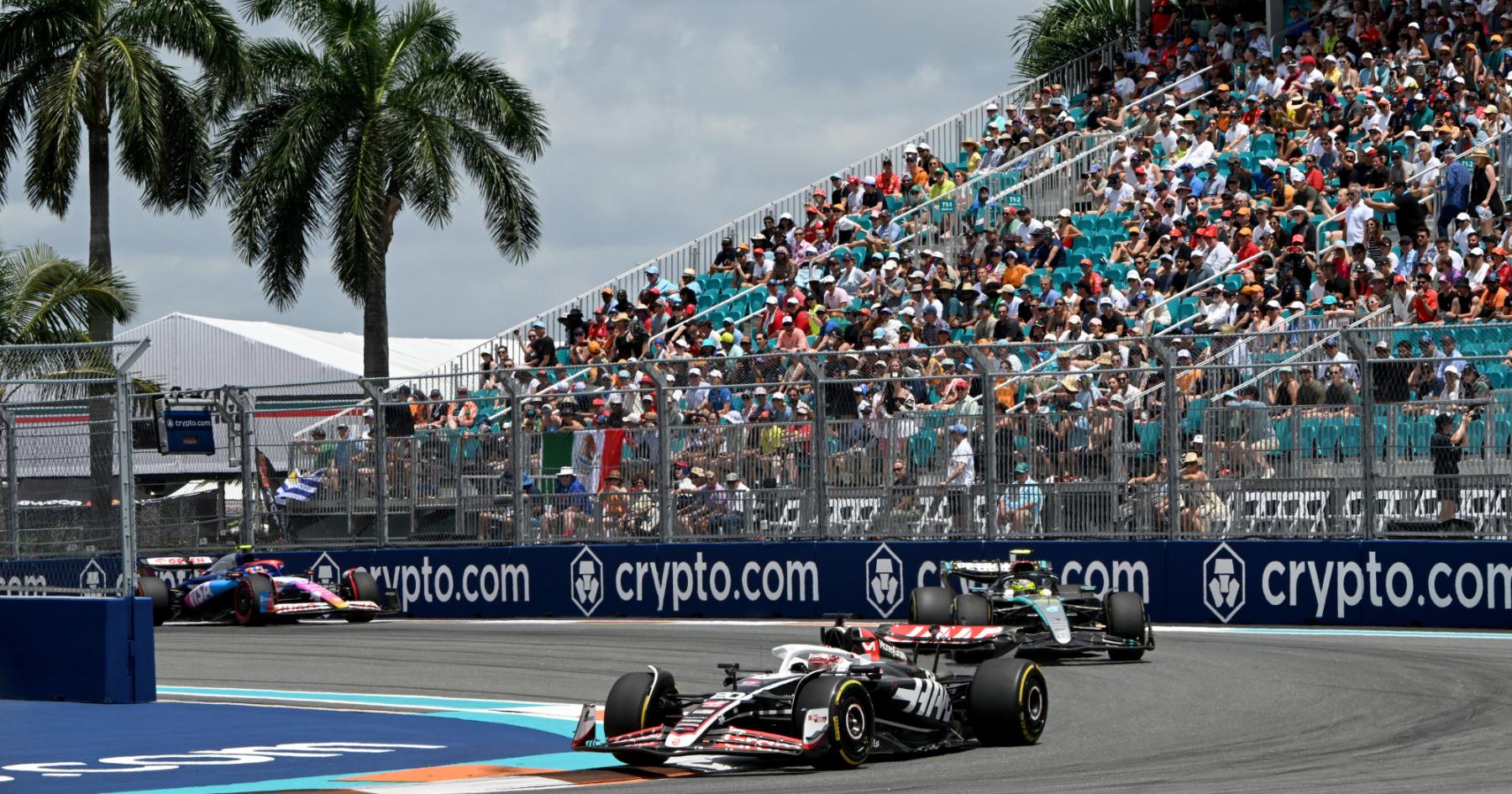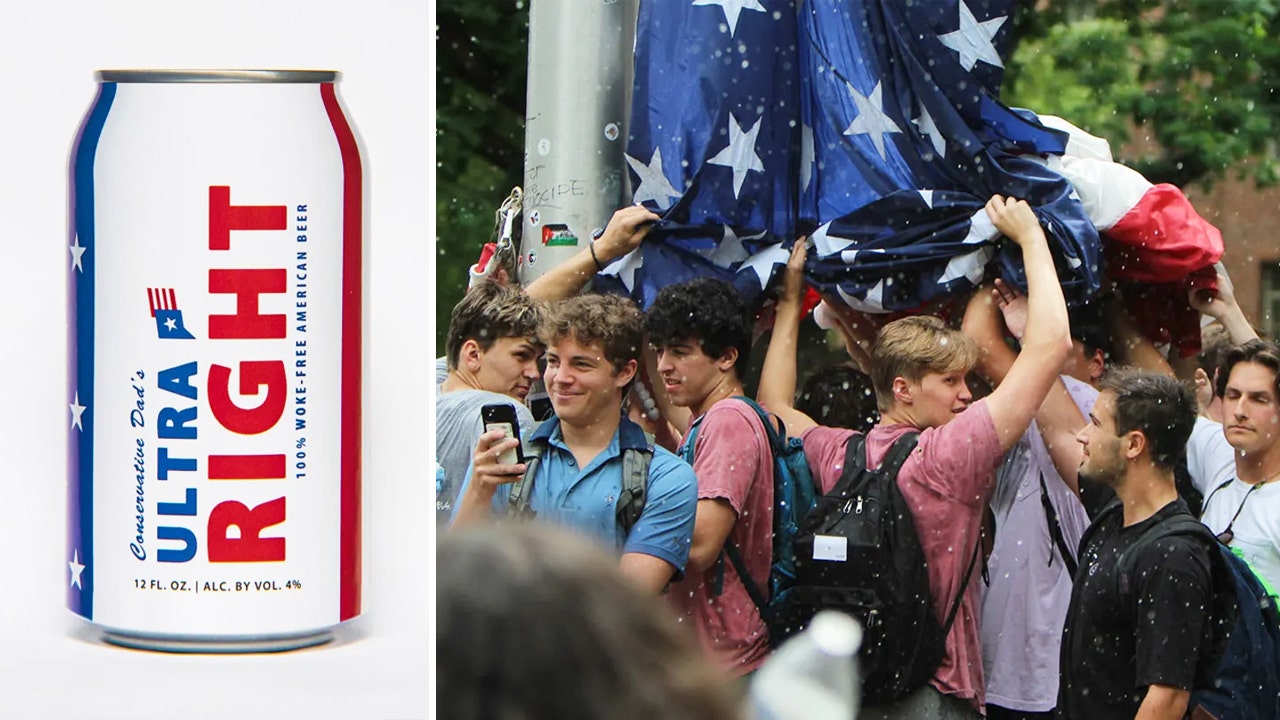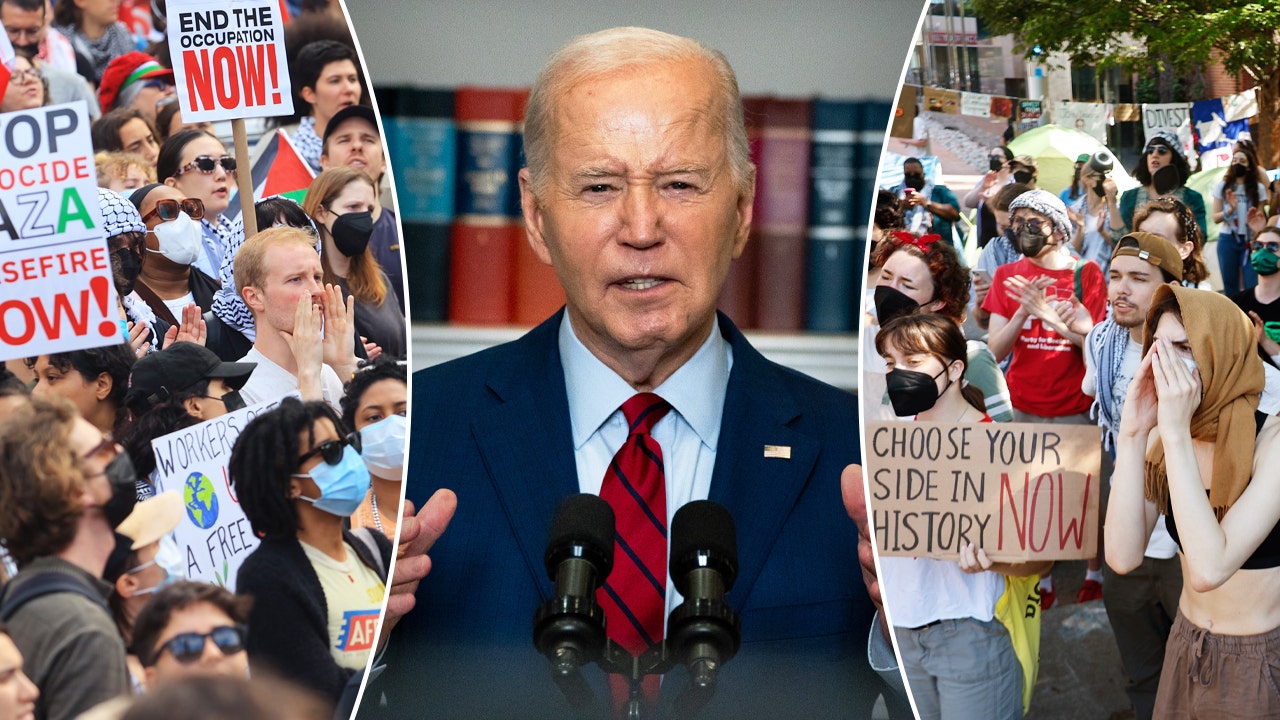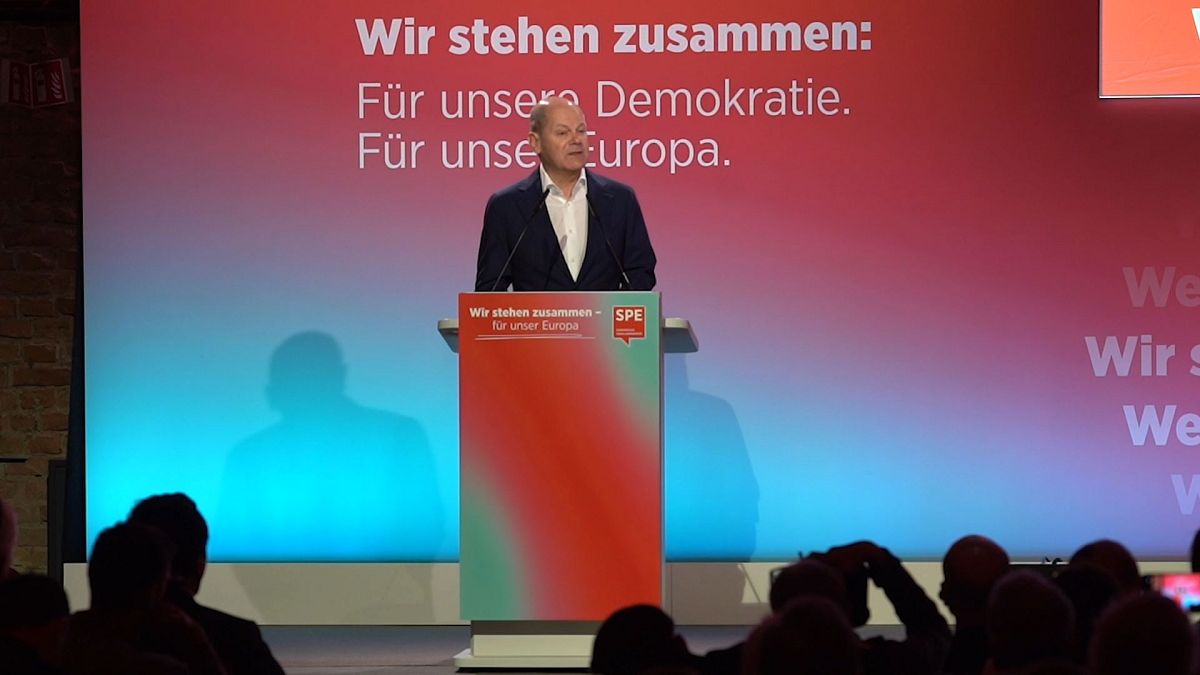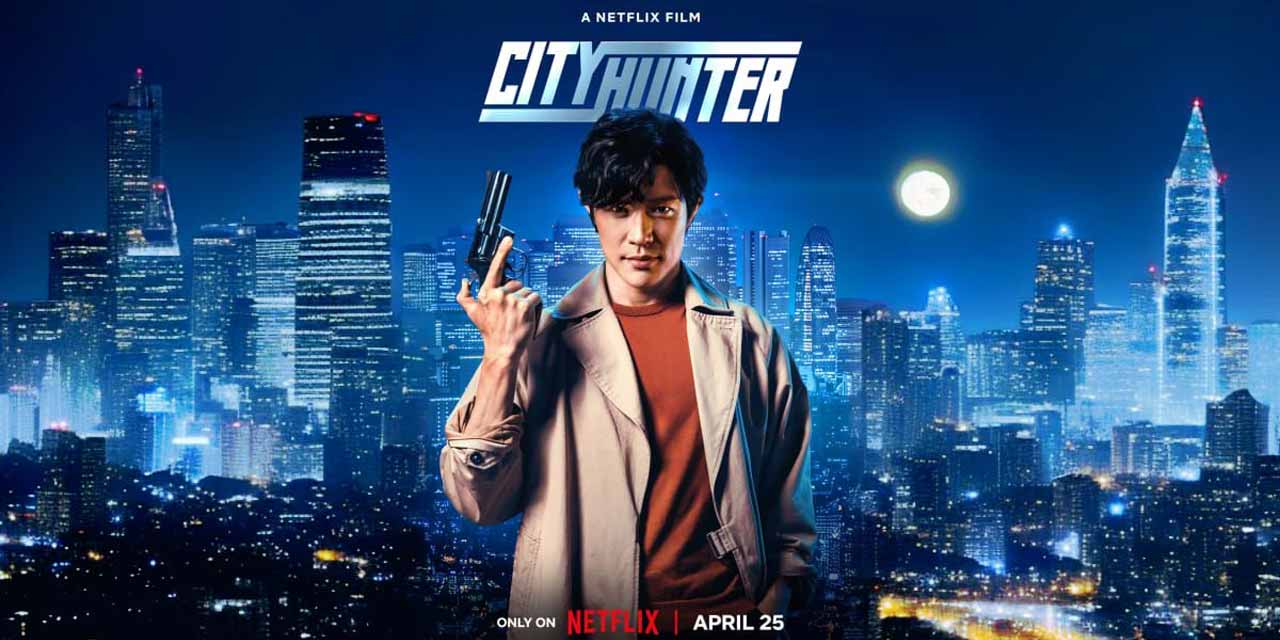China’s control over a crucial battery material will make it nearly impossible for any electric-vehicle makers to qualify for the subsidy scheme at the heart of President Joe Biden’s flagship green tech legislation, South Korea has warned.
Biden’s Inflation Reduction Act seeks to eliminate “foreign entities of concern” — which include companies with close ties to Beijing — from the US EV supply chain, with restrictions due to come into force on January 1 2025.
But Chinese companies control more than 99 per of the global market for battery-grade graphite and 69 per cent of the market for synthetic graphite used in battery anodes, according to consultancy Benchmark Minerals Intelligence.
Without an exemption to the FEOC rules for battery makers to secure graphite from Chinese suppliers, it is possible that no vehicles will qualify for the generous tax credits that the Biden administration is offering EV buyers, Ahn Duk-geun, South Korea’s minister of trade, industry and energy, has warned.
“Unless they make some kind of exemption or transition period, the whole [EV subsidy] regime will collapse,” Ahn told the Financial Times, adding that Seoul had raised the issue with the US commerce department. “I believe they will try to find a way to somehow take this market reality into consideration.”
South Korean companies have already committed to investing tens of billions of dollars in advanced technology facilities in the US in order to take advantage of expansive subsidies for semiconductor and battery manufacturing.
The US announced last week that it would offer up to $6.4bn in federal subsidies to South Korean tech giant Samsung Electronics, which is investing $40bn in its Texas facilities for cutting-edge logic chips, advanced packaging and research and development on next-generation chip technologies. SK Hynix, a maker of memory chips, is building an advanced packaging facility in Indiana.
South Korean battery makers LG Energy Solution, SK On and Samsung SDI, which have all received billions of dollars under the IRA, are projected to account for 44 per cent of North America’s total battery capacity by 2030, according to Benchmark.
But he noted that future US administrations could cause “huge trouble” for South Korean companies by modifying or repealing elements of the IRA, which Republican presidential candidate Donald Trump has threatened to gut in favour of increased fossil fuel investment. Beijing also introduced controls on graphite exports last year.
The Korea Semiconductor Industry Association has expressed concern that South Korean chipmakers’ large investments in the US could jeopardise the country’s competitive edge, with its executive director Ahn Ki-hyun telling the FT this month: “We could lose our status as a chipmaking powerhouse if our companies continue to build plants abroad.”
But Ahn, the trade minister, said extra capacity outside South Korea was required to meet booming future demand for artificial intelligence-related hardware.
“The one major difference of Korean industry from China, the US or Japan is that we have a small population and a small territory,” he said. “So we cannot produce everything here, and some of our companies need to go [overseas] to major markets. We encourage them to do that.”
The trade minister conceded that Seoul would need to offer better incentives for chipmakers to continue building more capacity in South Korea, as other countries — including the US — pursue “nationalistic industrial policies”. South Korea’s conservative president, Yoon Suk Yeol, declared last year that the country was engaged in an “all-out”, global “semiconductor war.”
But minister Ahn added that the reorientation of supply chains amid intensifying US-China tensions would benefit South Korea’s traditional strength of trade diversification, as other countries seek to reduce their dependence on China and Taiwan.
“When they try to ‘de-risk’ from any particular country, they are going to need new partners,” said Ahn. “We are a perfect partner for countries that are trying to build their own fortress — that is our survival strategy.”

